Munich: Weird Apocalypse
This summer, the Munich Opera Festival (28 June – 31 July) will not be ushered in, but rather honked. At least, that is how unusually “Le Grand Macabre” begins, the only opera that the classical and humor extremist György Ligeti has ever composed. It is about nothing less than the apocalypse that is supposed to come over “Breughelland” but then fails miserably. In itself a brightly colored, shrill affair, which makes it all the more exciting to see what someone like the eternally enigmatic director Krzysztof Warlikowski and the subtle Kent Nagano at the podium will make of this sprawling score (premiere: 28 June).
Otherwise, everything at the Bavarian State Opera revolves around the operatic material par excellence: the (im)possibilities of love. Whether in Debussy’s “Pelléas et Mélisande” (premiere: July 9), which features a role debut by Christian Gerhaher, in Wagner’s “Tannhäuser”, Mozart’s “Nozze” or Puccini’s “Tosca”. This ’24 festival schedule is a best-of performance showcase or a splendid general store with all the premieres of the current season such as “Pique Dame”, “Fledermaus” or “Die Passagierin”, garnished with tireless repertoire pieces such as “Trovatore”, “Parsifal” or “Elektra”.
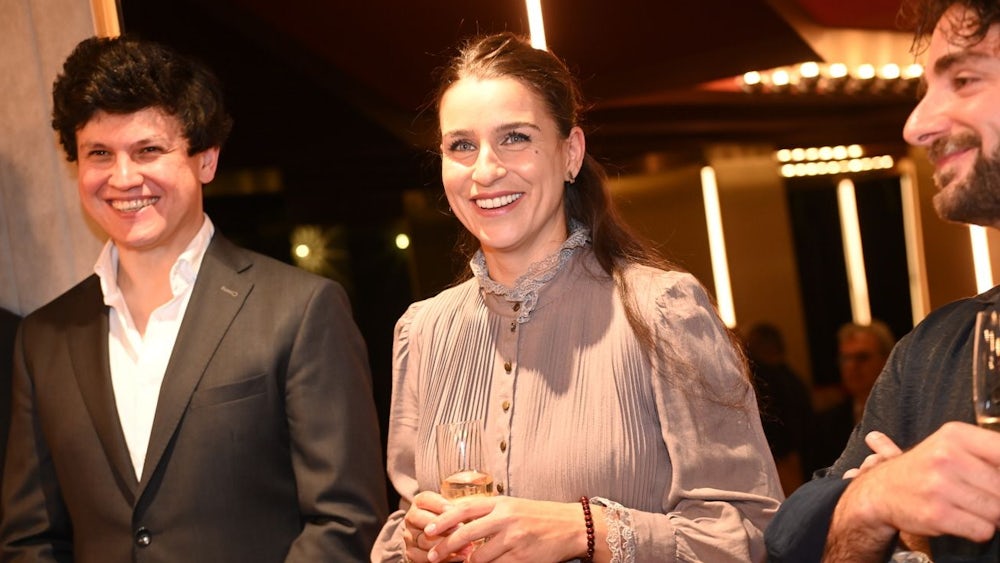
And the number of stars in this year’s festival in Munich is also quite high. Among those scheduled to appear are Asmik Grigorian (song recital, July 7), Nina Stemme, Klaus Florian Vogt, Diana Damrau, Jakub Józef Orliński and Jonas Kaufmann. In addition to his obligatory song recital, the tenor will also sing the aria “E lucevan le stelle” in “Tosca” at “Opera for All” on July 27, as only he can.
Munich Opera Festival, 28 June to 31 July, info and tickets at www.staatsoper.de
Bregenz: Wolfsschlucht with lake view
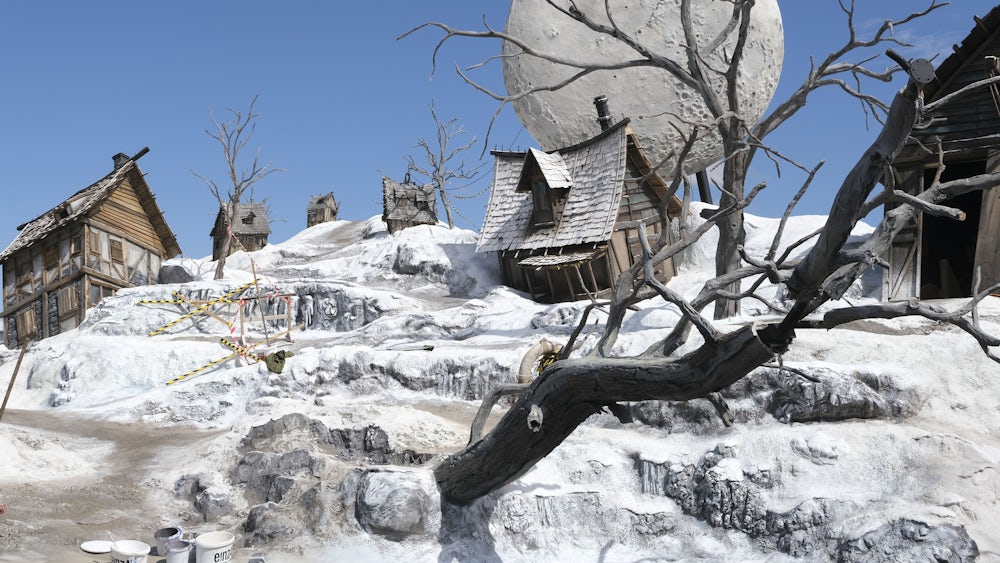
The big hit on the Bregenz lake stage this year is Carl Maria von Weber’s “Der Freischütz”. Black romanticism, even horror, with these ingredients they are guaranteed to hit the mark and certainly won’t suffer any disaster. Especially since the director and stage designer Philipp Stölzl, who already has experience in Bregenz, has taken over the helm and the opera is a hit machine, with the aria “Durch die Wälder”, the choral pieces of the bridesmaids and hunters. And then of course the famous Wolfsschlucht scene, where the bullets will explode. The premiere is July 17th.
Of course, it’s all a question of taste. And if you don’t like Weber’s “Schreifritz”, the Bregenz Festival (July 17th – August 18th) has a lot more to offer. Gioachino Rossini’s early work “Tancredi” (1813), for example, is rarely heard anymore. Jan Philipp Gloger is directing this opera, which is based on the tragedy of the same name by Voltaire. The knight who fights for lost honor and love is sung by a woman.
And things are getting funny in Bregenz too. The double serve is firmly in women’s hands, a combination of Rossini’s opera “The Marriage Contract” and the Puccini one-act opera “Gianni Schicchi” from “Il trittico”, from which the super aria “O mio babbino caro” comes. Brigitte Fassbaender directs, Claire Levacher is at the podium (premiere 12.8.).
Bregenz Festival, 17 July to 18 August, information and tickets at www.bregenzerfestspiele.com
Salzburg: Revolutions with Stars
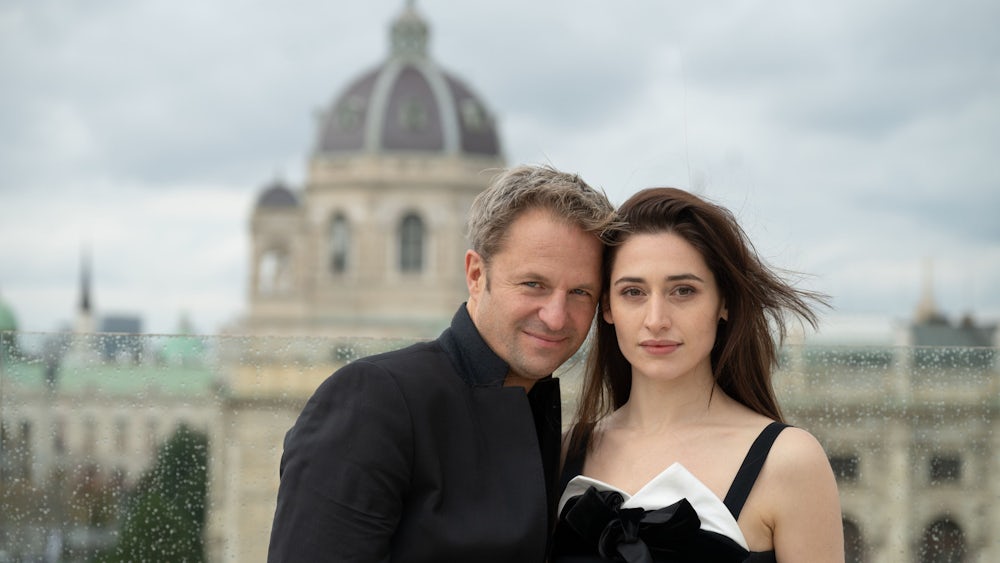
Outsiders who follow their own rules are what this summer’s festival in Salzburg is all about (July 19th – August 31st). But this probably doesn’t mean the eccentric Greek-Russian conductor Teodor Currentzis, who remains stubbornly silent about Putin’s attack on Ukraine. Nor does it mean artistic director Markus Hinterhäuser, who sticks with him year after year. And gets confirmation of this from the audience: the “Don Giovanni” performances that Currentzis conducts are almost sold out. And the St. Matthew Passion at the start of the festival on July 19th with his Utopia Choir and Orchestra is also sold out.
One person who doesn’t make a big fuss about herself is the conductor Mirga Gražinytė-Tyla. She is involved in what is probably the most interesting project this Salzburg Festival summer: two musical settings of Dostoyevsky’s novels are coming to the stage. The Lithuanian is conducting Mieczysław Weinberg’s opera “The Idiot”; the music is just as captivating as the almost 1000-page book about the penniless Prince Myshkin, who persistently believes in the good in people (production by Krzysztof Warlikowski, premiere: August 2nd). It is also worth listening to Prokofiev’s Dostoyevsky opera “The Gambler”, which is about the greed for quick profit. Timur Zangiev conducts and Peter Sellars directs. Even though super soprano Asmik Grigorian is part of the ensemble here, tickets are still available (premiere: August 12th).

In terms of star-studded performances, no other festival can easily compete with Salzburg: Daniel Behle and Cecilia Bartoli sing in Mozart’s “La Clemenza di Tito”, Lisette Oropesa in “Hamlet”, Elsa Dreisig, Konstantin Krimmel and Regula Mühlemann in Strauss’s “Capriccio” (concert version), Benjamin Bernheim in the new production of Offenbach’s “Les Contes d’ Hoffmann”. There will be a big cross-generational class reunion among the conductors, from Herbert Blomstedt, who will be 97, to Klaus Mäkelä, who will be 28. Yannick Nézet-Séguin will also be there, as will Christian Thielemann, Kirill Petrenko, Marc Minkowski, Simon Rattle, Ádám Fischer, Ivor Bolton, Andris Nelsons, Riccardo Muti, Daniel Barenboim, Manfred Honeck, Gustavo Dudamel and Ingo Metzmacher. This raises the question of who is not actually in Salzburg this summer to conduct the Vienna Philharmonic, the Berlin Philharmonic or another world orchestra. Despite all the euphoria, in terms of women’s quotas, this is of course a thing of the past.
Men also dominate the festival’s spoken theater section: Krystian Lupa is directing Thomas Mann’s “The Magic Mountain” at the Landestheater, Nicolas Stemann is directing “The Oresteia” and Heiner Goebbels is directing the multidisciplinary performance “Everything That Happened and Would Happen”. Then there is someone else whose voice has to be heard, especially in such a contradictory, surreal setting as Salzburg, a true resister: Burgtheater actor and former Everyman Michael Maertens will be reading Alexei Navalny’s letters from prison and his speeches at court hearings on July 31.
Salzburg Festivalfrom 19 July to 31 August, info and tickets at www.salzburgerfestspiele.at
Bayreuth: Wagner and the women
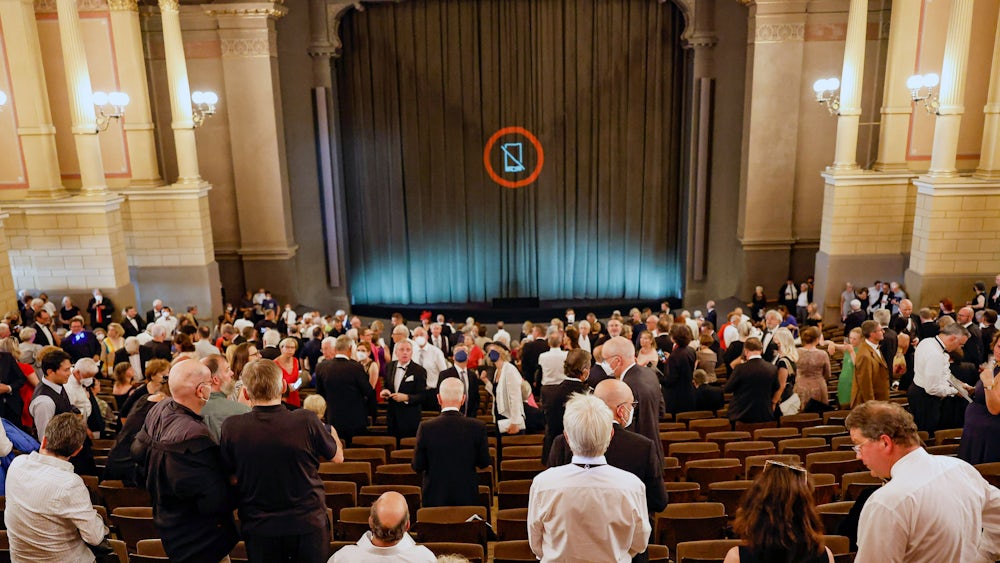
And what is Bayreuth doing? This year (July 24th – August 27th) there are female conductors in the majority for the first time in the history of the festival: Oksana Lyniv, Nathalie Stutzmann and Simone Young are going into the “mystical abyss”, as Richard Wagner called his famous covered orchestra pit. Bayreuth is also in female hands in other respects, Katharina Wagner can continue as festival director until 2030, a “general manager” takes care of the finances, which Claudia Roth, Bavaria’s Minister of Art Markus Blume and the powerful circle of friends have to work out among themselves.

Wagnerians, however, have been warned and are excited to see what Thorleifur Örn Arnarsson will do with “Tristan”; the Icelandic director star was once interim director at the Berlin Volksbühne, which for traditionalists is the Nibelheim of theater art. But everyone still wants to see why the famous ticket traffic light in the festival’s online shop is stubbornly showing red. There are still a few tickets left for the “Dutchman” with Michael Volle and Jay Scheib’s “Parsifal” production with AR glasses. Tenor Andreas Schager, who saved Bayreuth in 2023 as a multiple stand-in, will sing the title role again.
The talk of the town in Bayreuth and the rest of the Wagner world this year will be the great American Michael Spyres, an example of the rare baritenor voice. He will make his debut this summer on the Green Hill as Siegmund in “Walküre”. Anyone who wants to hear how Spyres calls out “Wälse” can only pray that the ticket light turns yellow again.
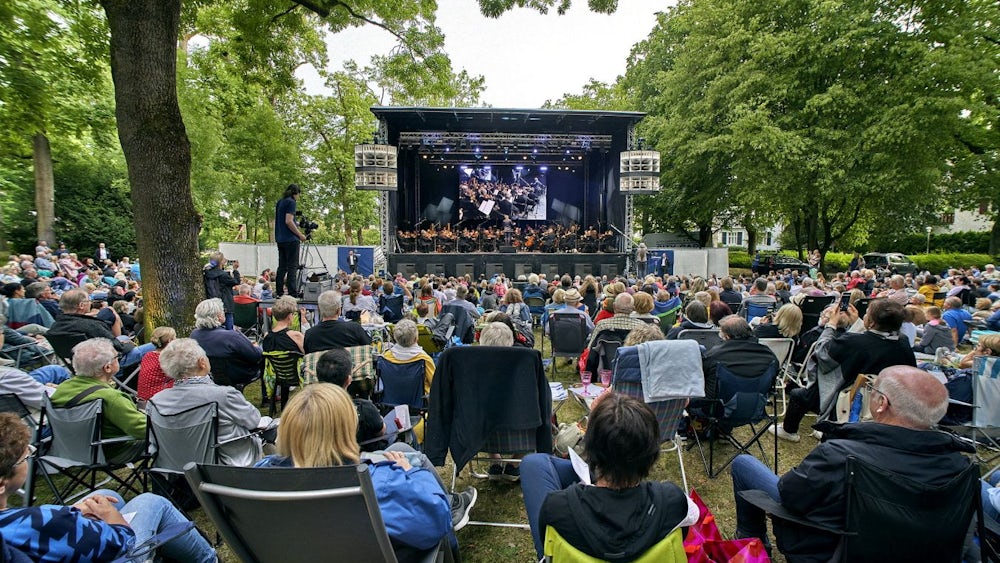
You might also be able to hear Spyres at the popular festival open-air concerts on the hill in front of the festival hall (July 24th/30th). This classical picnic costs nothing, and singers from current productions will be on stage. Works by the master will be heard, but above all the evening will be a musical journey through Wagner’s life, from Leipzig, Dresden, Riga, Munich, Paris, Bayreuth to Venice, the place where he died.
Bayreuth Festival24 July to 27 August, info and tickets at www.bayreuther-festspiele.de
Erl: The Ring and a Cossack
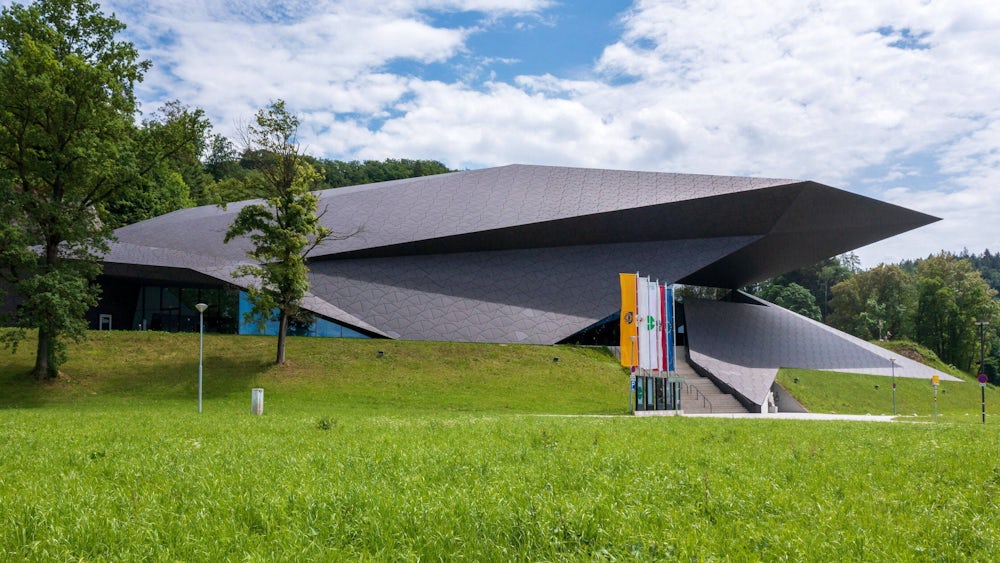
Jonas Kaufmann and Bayreuth, that was a short, one-off guest appearance in 2010 in Hans Neuenfels’ notorious rat “Lohengrin”. In the so-called Alpine Bayreuth Erl he will be Lord of the Rings in the coming season and will cast himself as artistic director of the festival in “Parsifal”. This summer, however, Bernd Loebe is still programming at the Tyrolean Festival. So, another Richard Wagner without a big star cast between Spitzstein and Kranzhorn. Apart from the director: Brigitte Fassbaender’s celebrated “Ring” masterpiece can be experienced once again.
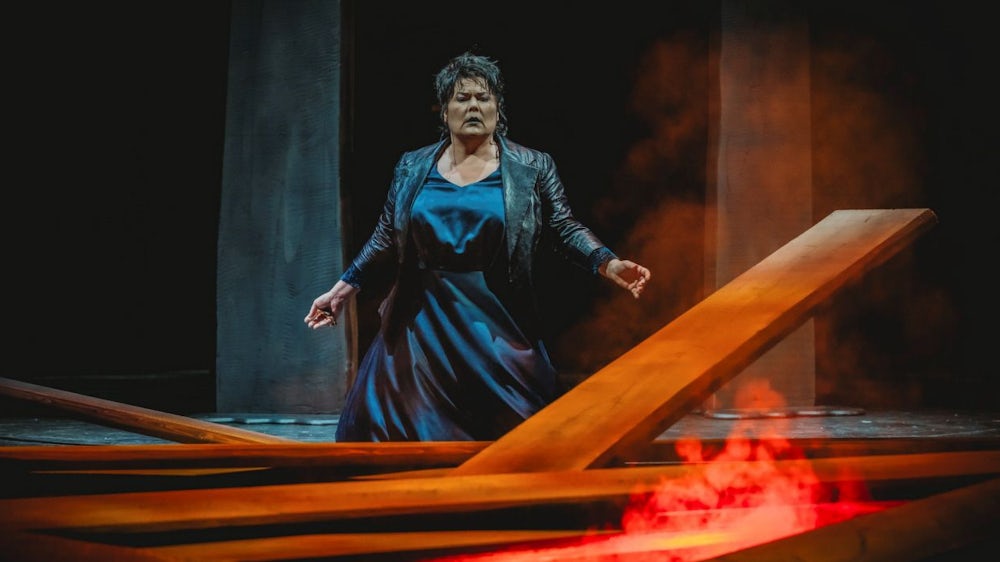
And those who prefer Tchaikovsky’s music will also get their money’s worth in Erl. An interesting, rather explosive choice of piece is his opera “Mazeppa” (premiere: July 12th), which is based on a poem by Alexander Pushkin and is about the Russian-Ukrainian conflict at the end of the 17th century. The historical Cossack leader Mazeppa, who fought for more independence from Russia, is a traitor from the Russian perspective, but a great patriot for the Ukrainians.
Tiroler Festspiele Erl, 5 to 28 July, information and tickets at www.tiroler-festspiele.at

